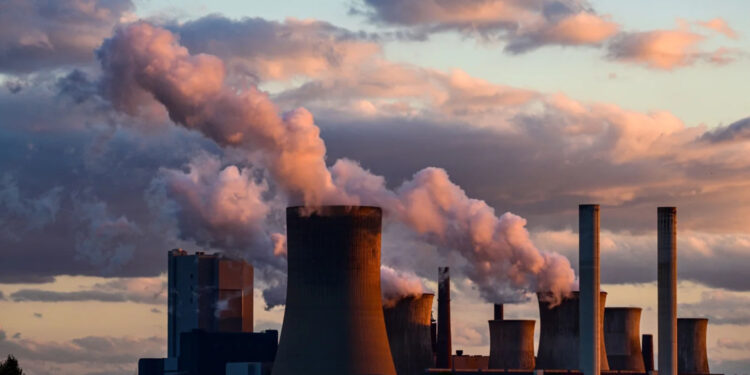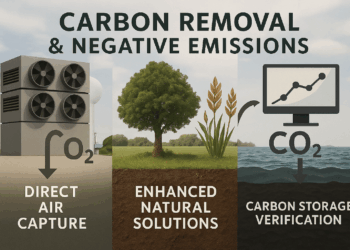As the world faces the escalating consequences of climate change, one group of individuals looms large over the crisis: carbon barons. These powerful figures, whose immense wealth is derived from fossil fuels and other carbon-intensive industries, have significantly contributed to the planet’s current environmental challenges. Despite the scientific consensus on climate change and its dire impacts, carbon barons continue to extract, burn, and profit from resources that endanger the planet’s future.
The term “carbon baron” refers to individuals or corporations that dominate industries like oil, coal, and natural gas, driving greenhouse gas emissions to record levels. Their business operations have long prioritized profit over sustainability, contributing disproportionately to global emissions. Meanwhile, the consequences of their actions fall disproportionately on the world’s poorest nations—countries that have historically contributed the least to the climate crisis. Coastal flooding, desertification, and extreme weather events are already devastating communities in regions like sub-Saharan Africa and South Asia, where resources to combat these challenges are scarce.
The injustice is stark. According to the Global Carbon Atlas, low-income countries contribute less than 10% of global emissions, yet they bear the brunt of the damage. This disproportionate burden highlights the moral imperative for carbon barons to be held accountable. The wealth generated through their activities has exacerbated climate inequality, and it is only fair that they play a significant role in reparations to the countries most affected by climate change.
Holding carbon barons accountable requires a multi-faceted approach. First, governments must enforce stricter regulations on carbon emissions and fossil fuel extraction, ensuring that polluters pay for the environmental costs of their actions. Second, international agreements must include frameworks for climate reparations, compelling high-emission corporations and wealthy nations to fund adaptation and mitigation efforts in vulnerable regions. Mechanisms like carbon taxes and penalties for excessive emissions could generate significant revenue for climate reparations.
Transparency is also critical. By demanding that corporations disclose their carbon footprints and lobbying activities, activists and policymakers can expose the true scale of their contributions to climate change. Public awareness campaigns can further erode the social license of these industries, pressuring them to transition to sustainable practices.
The fight for climate justice cannot be won without addressing the outsized role of carbon barons. Their actions have fueled a global crisis, and their wealth must now contribute to the solutions. Ensuring accountability is not just a moral obligation—it is a crucial step toward a sustainable and equitable future for all.








